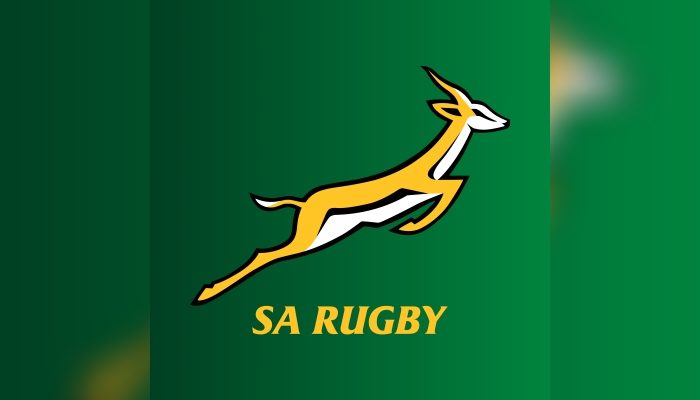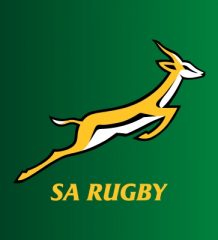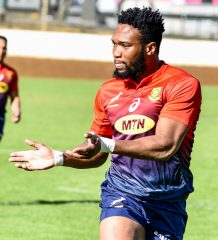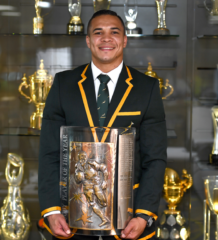New SA Rugby president maps out priorities
Mr Mark Alexander mapped out a range of immediate priorities for rugby following his confirmation as the new President of SA Rugby at a Special General Council meeting in Johannesburg on Thursday.
Mr Alexander was elected unopposed, to fill the vacancy created by the resignation of Mr Oregan Hoskins in August. Mr Alexander, who has served as Deputy President since 2007, will serve as president until the next elections in 2018.
Mr Francois Davids – a serving member of the Executive Council – was elected to succeed Mr Alexander as deputy president of SA Rugby while Mr Vivian Lottering (president of the Valke Rugby Union) was elected to the Exco in Mr Davids’ place.
Mr Alexander immediately highlighted a number of priorities for SA Rugby in the short and medium term. He said the organisation faced a number of challenges but he was confident that they could be addressed by a 100-day plan on which he had been working with the Executive Council.
He said the immediate priorities were assisting the national team; addressing the structure and sustainability of member unions; redesigning SA Rugby’s competition structure; transformation and securing the 2023 Rugby World Cup for South Africa.
“Last week’s coaching indaba started the process of supporting the Springbok management and squad to perform to the standards that we all expect,” said Mr Alexander.
“It was not an overnight ‘fix’ but was the start of a process that will pay off over time. The support and commitment of the franchise coaches and CEOs was exceptional and documents and plan have already been shared while a follow-up meeting will take place immediately following the Castle Lager Outgoing Tour.
“We have already taken short-term steps with additions to the coaching team and a conditioning indaba is also being arranged for December.”
Mr Alexander said it was as important to revisit the structure of SA Rugby with a mooted move towards a franchise (Vodacom Super Rugby) and non-franchise structure, changes that had already been foreshadowed in amendments to the constitution that were likely to come before the General Council in December.
“We are proposing to overhaul our committee structure with the establishment of two new committees; one to focus on licensed, franchise rugby – with greater equity representation – and the second to concentrate on non-franchise rugby to look after the interests of the 14 member unions,” he said.
“Financial sustainability is a major focus for our membership and SA Rugby right now.”
He said that competition structures were also being revisited and that an independent group of high-profile individuals from South African civic society – to offer expert but neutral advice – was also being considered to act as a sounding board for the major strategic opportunities presented to rugby.
Mr Alexander also said that he was confident that SA Rugby would meet the transformation targets for 2016 – agreed with the Department of Sport and Recreation – to allow it to confirm a bid to host the 2023 Rugby World Cup in South Africa.
“Transformation for us is not a ‘tick-box’ exercise; it is a business imperative for rugby to stay vibrant and relevant as a sport in an evolving South Africa.
“I’m pleased to say that we have made good progress in 2016 although we know more work needs to be done. That said I am confident of a favourable report from the Eminent Persons’ Group to allow us to bid for an event that could have a tremendous, transformative impact on the lives of all South Africans.
“Our economic impact study of what a Rugby World Cup would mean to South Africa underlines the national importance of rugby delivering such a tournament to the country,” said Mr Alexander.
“We forecast that it would create 38 600 temporary or permanent jobs; have a direct, indirect and induced economic impact of R27.3 billion; contribute R5.7 billion to low income households; bring almost 200 000 foreign tourists to South Africa and produce R1.4 billion in estimated tax revenues for government.
“Rugby has its challenges but there are great opportunities for the sport and for what it can do for South Africa.”
Issued by SA Rugby Communications
Related Posts
« SA Fish Industries teams look to make their mark HOOPER WINS 2016 JOHN EALES MEDAL, CASLICK & JENKINS SCOOP SEVENS AWARDS »



















